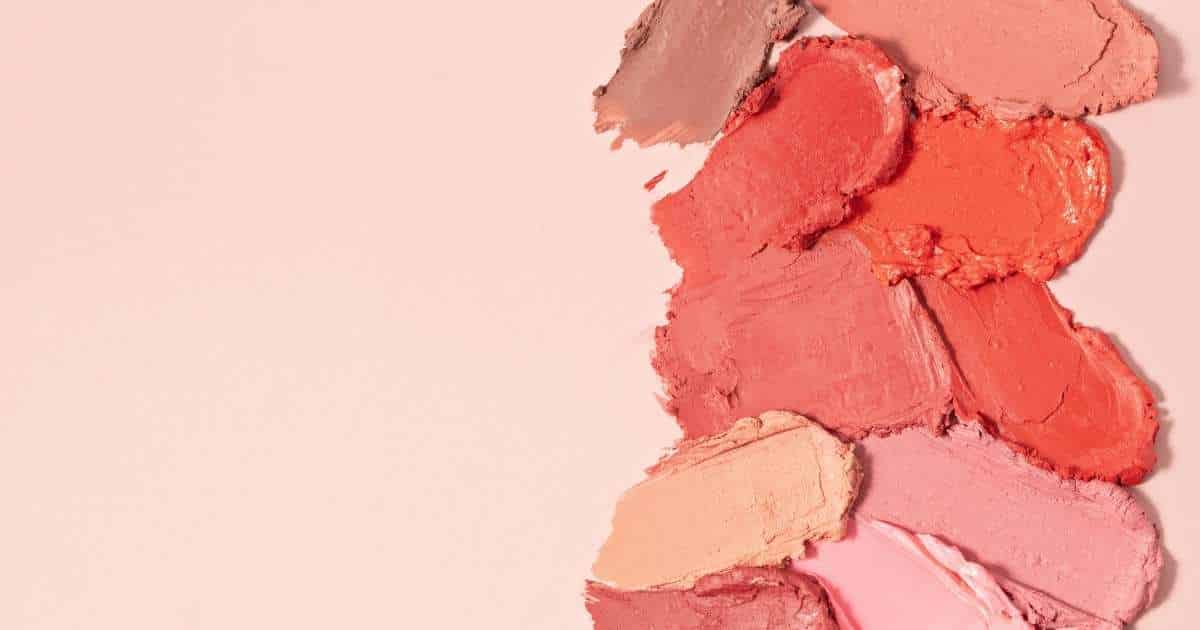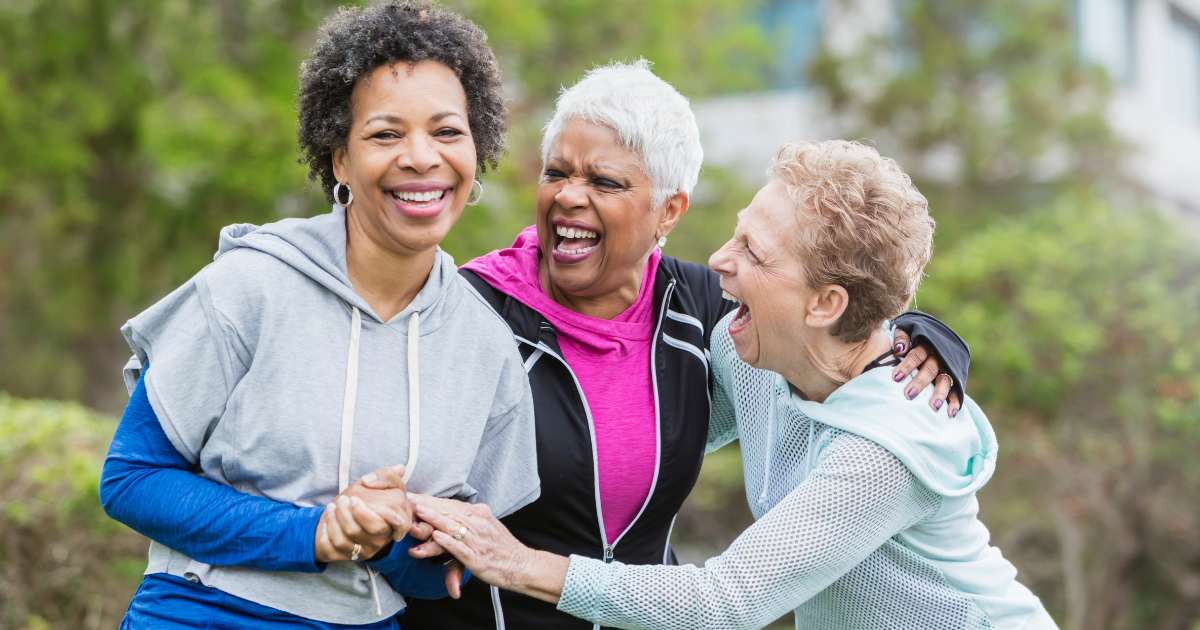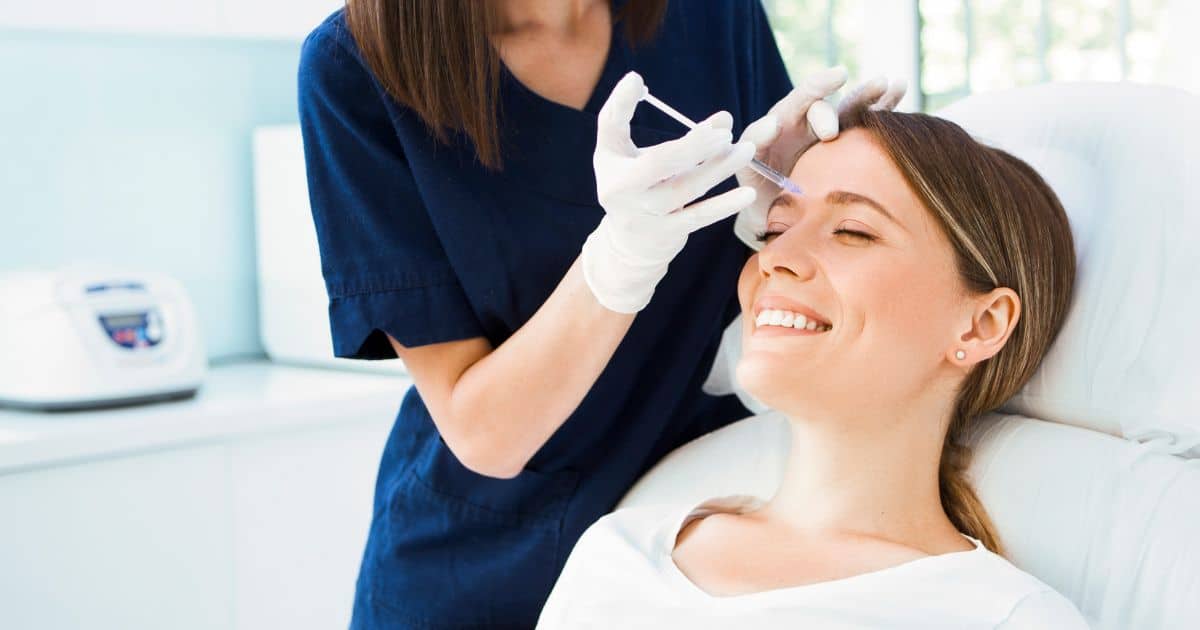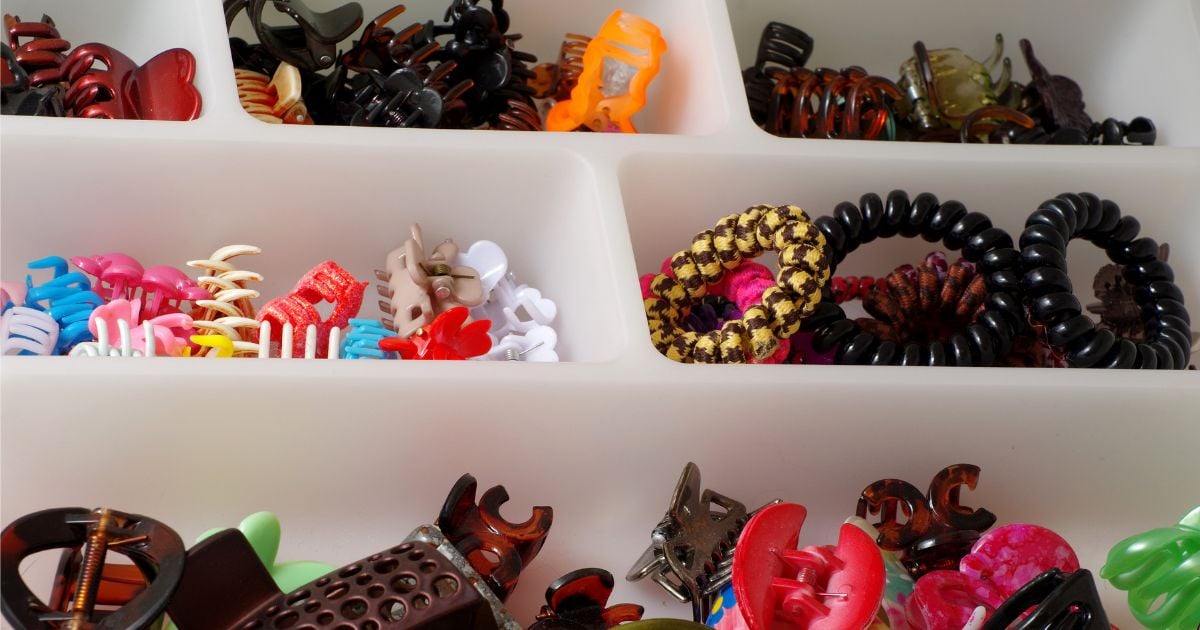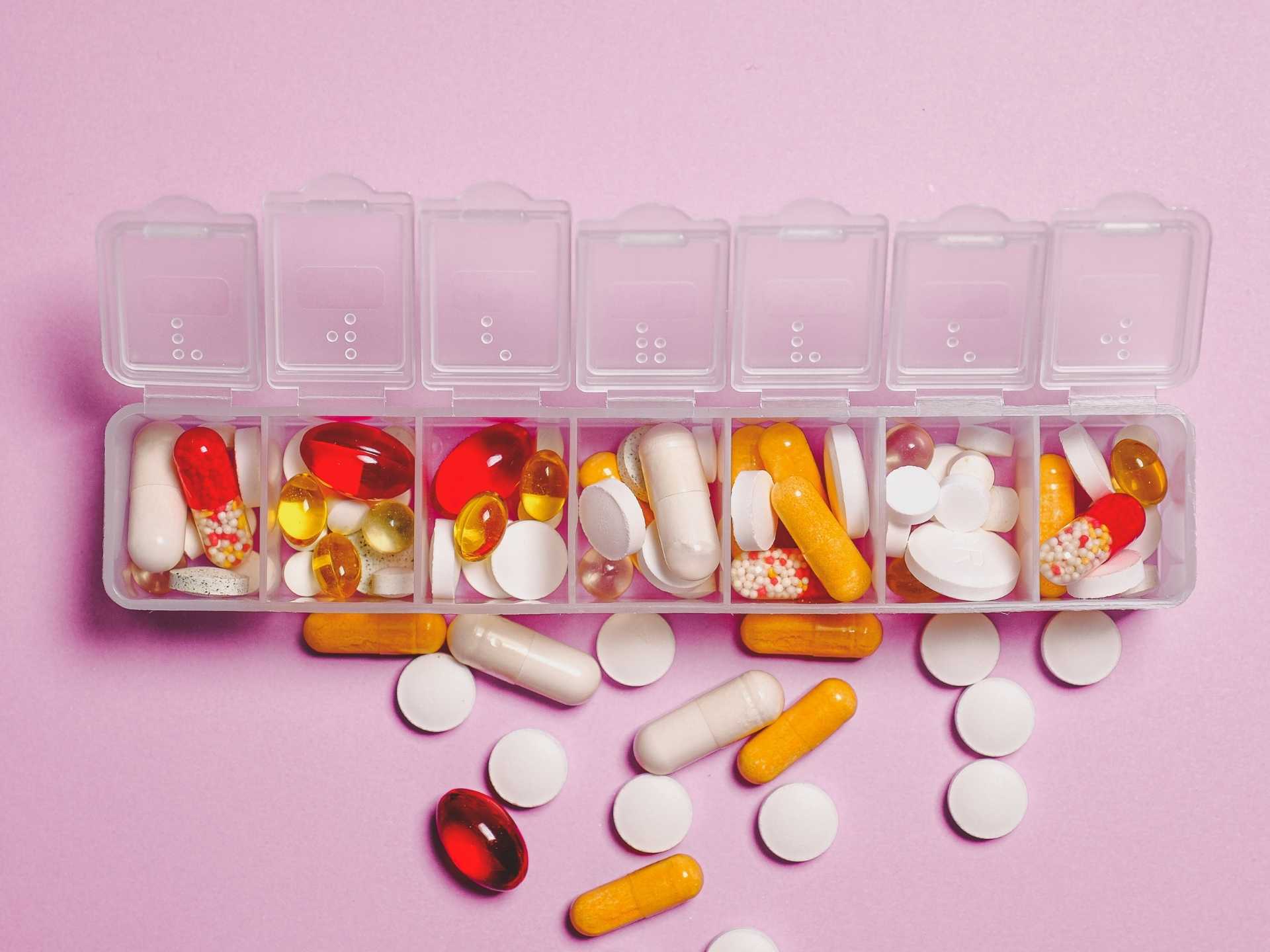Tackling Sparse and Thinning Eyebrows During Menopause
As women age through menopause, many experience body changes, including sparse and thinning eyebrows.
In this article, we’ll explore hair loss, including sparse, thinning eyebrows, and menopause (along with other causes of eyebrow thinning). We’ll also discuss what you can do to address thinning eyebrows due to menopause, including the best products to help treat them and tips to achieve fuller brows.
This post may contain affiliate links. Click to visit policies and disclosures
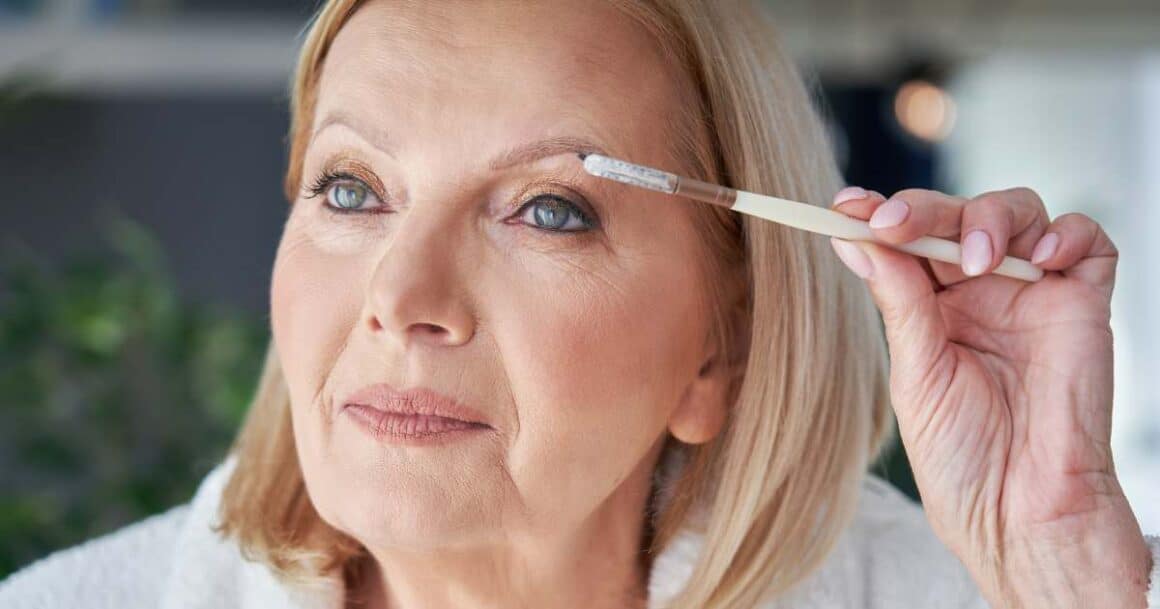
Menopause and hormonal imbalances
Menopause and perimenopause are natural transitions that every woman goes through, but they can cause various physical and emotional symptoms.
Common side effects of menopause and perimenopause:
Hot Flashes
Hot flashes are a sudden feeling of heat that can cause sweating and skin flushing. They can be uncomfortable and disruptive and occur at any time of the day or night.
Night Sweats
Night sweats are a common symptom of menopause and perimenopause and can lead to disrupted sleep and fatigue.
Vaginal Dryness
The decrease in estrogen production during menopause can lead to vaginal dryness, which can cause discomfort, itching, and pain during sex.
Related Article: The Ultimate Guide to Yoni Self-care
Mood Changes
Hormonal changes during menopause and perimenopause can cause mood swings, irritability, and depression in some women.
Sleep Disturbances
Hot flashes, night sweats, and other menopausal symptoms can disrupt sleep and lead to fatigue and insomnia.
Weight Gain
During menopause, the body’s production of estrogen decreases, which can lead to a decrease in muscle mass and an increase in body fat.
This can contribute to a slower metabolism and make it harder to maintain a healthy weight.
Decreased Libido
The decrease in estrogen production during menopause can also lead to a decrease in libido and sexual desire.
Urinary Incontinence
The weakening of pelvic muscles during menopause can lead to urinary incontinence or the involuntary loss of urine.
Changes in Menstrual Cycles
During perimenopause, the menstrual cycle may become irregular or heavy, and will eventually stop altogether.
Boss Loss
The decrease in estrogen production during menopause can also lead to bone loss, which can increase the risk of osteoporosis and fractures.
Dry Skin
During menopause, skin can become drier and may lose some of its elasticity, causing an increased amount of fine lines, wrinkles, and sagging of the skin. (source)
Hair Loss
Hair loss or thinning: The drop in estrogen during menopause can lead to hormonal hair loss, including sparse brows. (Source)
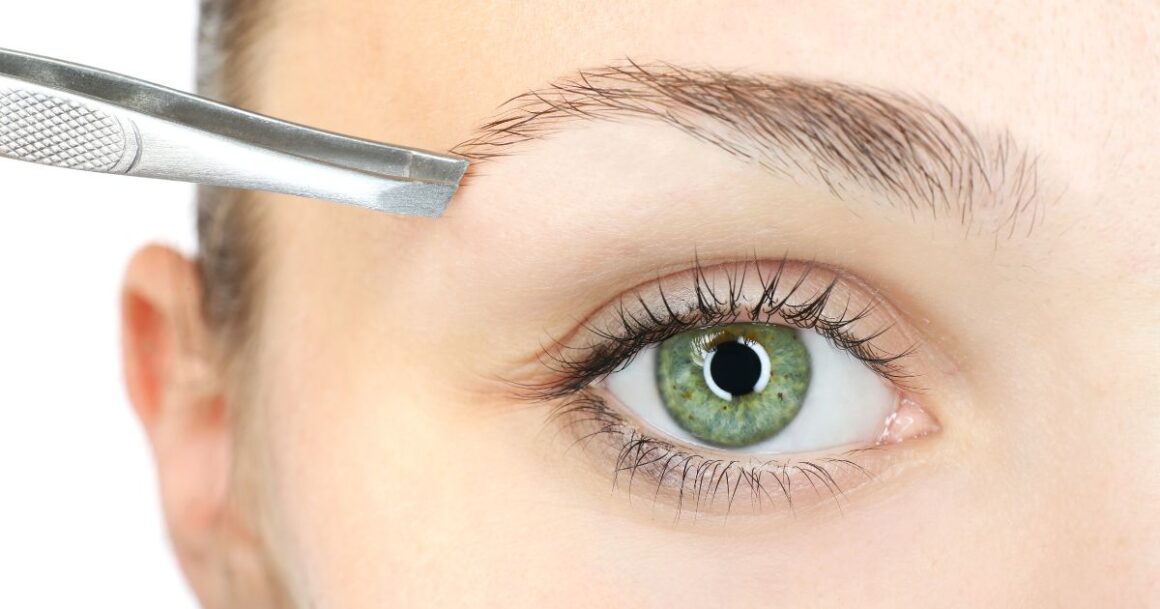
Sparse and Thinning Eyebrows and Menopause
During menopause, hormone levels decrease, which can lead to a number of changes in the body, including hair loss.
This can affect hair on the head as well as other areas of the body, including eyebrow hairs.
In addition, the aging process itself can also contribute to thinning eyebrows.
As we age, hair follicles shrink and produce thinner, finer hairs, which can result in a less full appearance.
Menopausal Hair Loss: Sparse Thinning Eyebrows + Eyelashes!
Hair thinning or hair loss, also known as female pattern hair loss or alopecia areata, is a common condition that affects many women during and after menopause.
This type of hair loss is characterized by a gradual thinning of the hair on the scalp, particularly around the crown and top of the head, but can also cause eyebrow loss or eyebrow thinning.
Hormonal changes, genetics, and aging cause menopausal hair loss.
In addition to hormonal changes, aging can play a role in the hair growth cycle.
As we age, hair follicles can shrink and produce thinner, weaker hairs, contributing to hair thinning and loss.
Hair Growth Cycle and Menopause
The hair growth cycle can be affected by menopause due to hormonal changes in a woman’s body during this time.
Menopause is marked by a decrease in the production of estrogen, which can have a significant impact on the hair growth cycle.
Hair Growth Cycle:
The hair growth cycle has three stages: anagen, catagen, and telogen.
Anagen is the active growth phase during which the hair follicle produces hair.
Catagen is a transitional phase during which hair growth slows down, and the follicle begins to shrink.
Telogen is the resting phase, during which the hair follicle is dormant and the hair is shed.
During menopause, the decrease in estrogen production can shift the balance between these phases, resulting in a shorter anagen phase and a more extended telogen phase.
This can result in thinner, weaker hair, and more prone to breakage and shedding.
In addition to menopause and aging, several common conditions can cause hair loss and the thinning of both eyelashes and eyebrows.
Other Conditions That Can Cause Hair Loss and Thinning Lashes
During menopause, the body’s production of estrogen decreases, which can disrupt the normal hair growth cycle.
In addition to menopause, other conditions can cause hair loss and thinning eyebrows and eyelashes, such as an underactive thyroid, an autoimmune disease, and skin conditions.
The following conditions have been linked to hair loss:
Hypothyroidism
Hypothyroidism is when the thyroid gland does not produce enough thyroid hormone. This can lead to various symptoms, including hair loss and thinning eyebrows.
Nutritional Deficiencies
Nutritional deficiencies, such as a deficiency in iron, zinc, or biotin, can lead to hair loss and thinning eyebrows.
Telogen Effluvium
Telogen effluvium is when the hair follicles prematurely enter the resting phase of the hair growth cycle. This can lead to diffuse hair loss on the scalp and eyebrows.
Menopause and Perimenopause
Menopause and perimenopause can cause hormonal changes, which can lead to both hair loss and thinning eyebrows and eyelashes.
Skin conditions that cause sparse, thinning eyebrows, including:
Eczema
Eczema or atopic dermatitis is a skin condition that causes dry, itchy patches. In severe cases, eczema can cause hair loss on the scalp and eyebrows.
Psoriasis
Psoriasis is a chronic skin condition that causes red, scaly patches on the skin. It can also cause hair loss on the scalp and eyebrows.
Alopecia Areata
Alopecia areata is an autoimmune condition in which the body’s immune system attacks hair follicles. This can cause patchy hair loss on the scalp, eyebrows, and even pubic hair.
Contact Dermatitis
Contact dermatitis is a skin condition that occurs when the skin comes into contact with an allergen or irritant. In some cases, contact dermatitis can cause hair loss on the scalp and eyebrows.
Seborrheic Dermatitis
Seborrheic dermatitis is a common skin condition that causes scaly patches. It can also cause hair loss on the scalp and eyebrows.
Androgenetic Alopecia
Androgenetic alopecia is a hereditary condition that causes gradual hair loss on the scalp and eyebrows. It is more common in men but can also affect women.
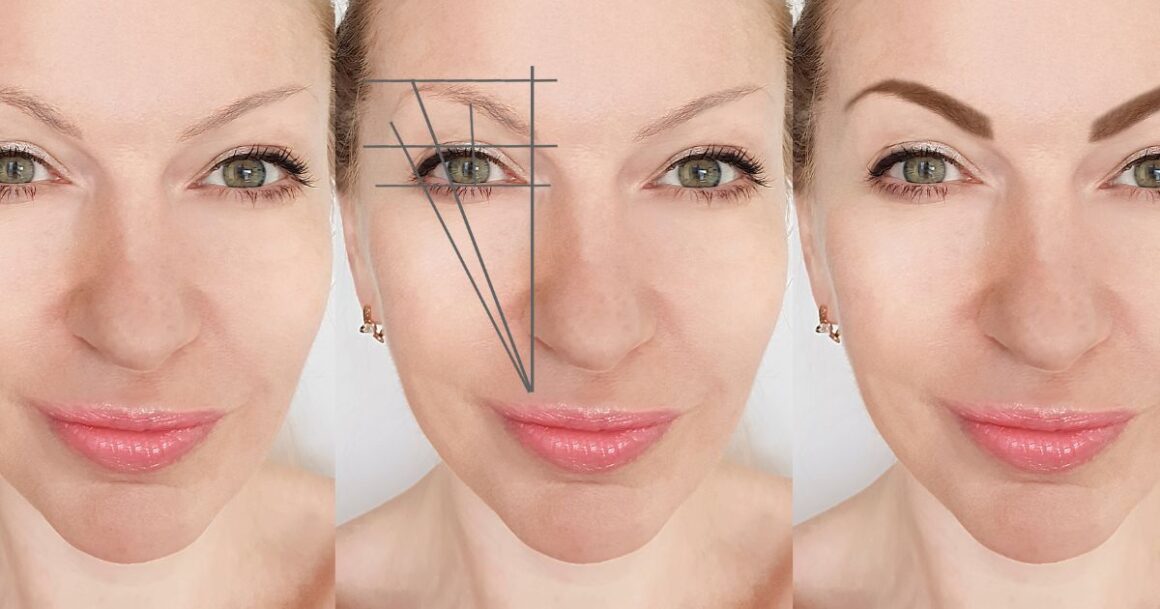
Treatments for Sparse, Thinning Eyebrows
Fortunately, there are several things you can do to address sparse, thinning eyebrows. These include makeup, microblading, growth serums, prescription medication, and home remedies.
Here are the most common treatment options for thinning eyebrows:
Makeup
Using eyebrow makeup such as eyebrow pencils, eyebrow gel, and eyebrow powder is a quick and easy way to make sparse eyebrows look fuller and add definition.
Microblading
Microblading is a semi-permanent tattooing technique that involves creating hair-like strokes in the skin to create the appearance of fuller eyebrows.
Eyelash and Eyebrow Growth Serums
There are several over-the-counter topical treatments or eyebrow serums available.
These growth serums are designed to help stimulate hair growth and improve the overall appearance of eyelashes and eyebrows.
Consider Hormone Replacement Therapy.
Hormone replacement therapy (HRT) is a medical treatment that involves taking hormones to help alleviate symptoms of menopause, including hair loss, sparse thinning eyebrows and eyelashes
Discussing the potential risks and benefits of HRT with your doctor is important.
Related Article: BHRT (Bio-Identical Hormone Replacement)
Prescription Medication (Latisse) for Sparse, Thinning Brows and Lashes
Currently, the only prescription medication available that can help promote eyelash and eyebrow growth is Latisse.
Latisse is an FDA-approved prescription medication to treat thinning eyelashes, but it may also help promote eyebrow growth.
It contains bimatoprost, believed to stimulate hair growth by prolonging the anagen phase of the hair growth cycle.
Castor Oil for Sparse Eyebrows and Eyelashes
castor oil for eyebrow growth has been used for centuries to help promote the development of fuller, thicker eyebrows. It is rich in essential fatty acids and other nutrients that can help nourish the follicles, encouraging new hair to grow.
Additionally, it helps keep the existing hair healthy and prevent breakage.
Simply massage a small amount into each eyebrow every night before going to sleep for the best results.
Related Articles
- The Best Morning Skincare Routine for Mature Skin
- The Absolute Best Anti-aging Treatments
- The Best Treatments for Fine Hair
- How to Use Velcro Rollers for Fine Hair
- Best Stying Brushes for Fine Hair
- The Best Dermal Fillers for Over 50
- Homemade Hair Growth Oil Recipe
- The Best Vitamins for Eyelash Growth
- How to Use Purple Shampoo
- The Best Mascara for Older Women
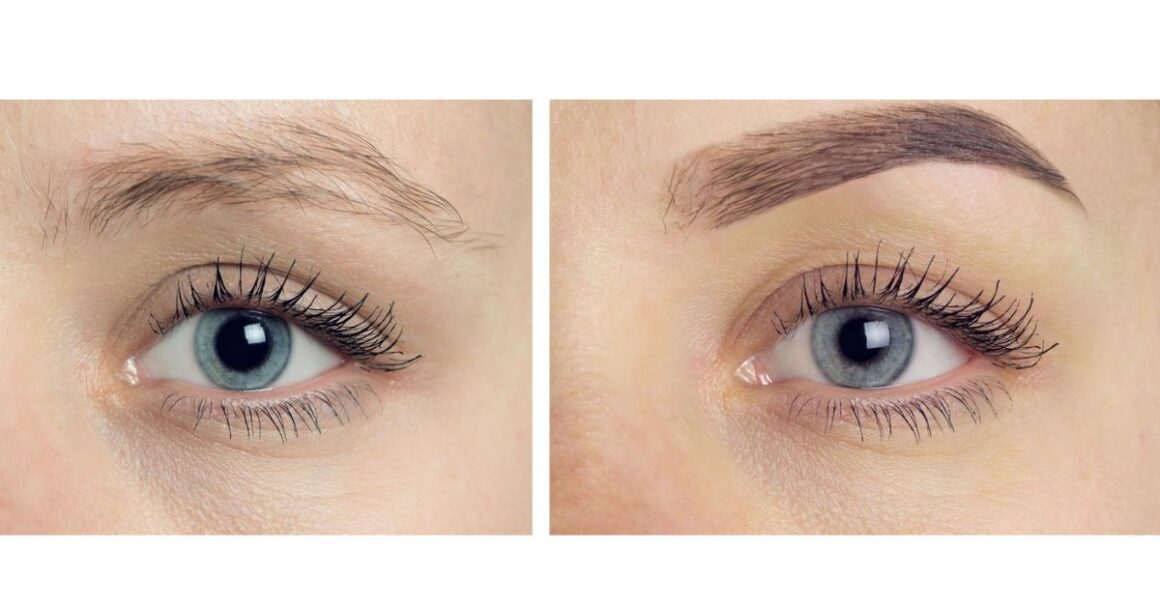
Vitamins and Supplements for Eyebrow Growth
Several vitamins and supplements are believed to promote hair growth and overall hair health. These vitamins and supplements can help nourish the hair follicles and promote eyebrow growth.
The Best Vitamins and Supplements for Hair Growth:
Biotin
Biotin, or vitamin H, is a B-complex vitamin essential for healthy hair growth. It helps to strengthen hair and prevent breakage, and it may also improve the thickness and volume of hair.
Vitamin D
Vitamin D is essential for healthy hair growth, as it helps regulate hair follicles’ growth and cycling. Low levels of vitamin D have been linked to hair loss.
Iron
Iron is essential for healthy hair growth, as it helps to deliver oxygen and nutrients to the hair follicles. Iron deficiency can lead to hair loss and thinning.
Zinc
Zinc is essential for healthy hair growth and can help to prevent hair loss. It helps to regulate the production of oil in the scalp and may also help to prevent dandruff.
Omega-3
Omega-3 fatty acids are essential for healthy hair growth and can help to improve the overall health of the scalp and hair follicles. They may also help reduce inflammation, contributing to hair loss.
Vitamin C
Vitamin C is essential for the production of collagen, a protein that helps support the hair follicles’ structure. It also helps to protect hair from damage caused by free radicals.
Vitamin E
Vitamin E is a powerful antioxidant that can help protect hair from damage and promote healthy hair growth.
It may also help to improve the strength and shine of hair.
DHT Blocker – Hair Growth Supplement
DHT blocker is a type of supplement designed to block the production of dihydrotestosterone (DHT) in the body.
DHT is an androgen hormone produced by the body, which can cause hair loss, especially in men.
By blocking the production of DHT, it can help reduce hair loss and promote healthy hair growth.
Related article: The Best Supplements for Eyelashes (and Eyebrow) growth
Shop Supplements for Hair Growth
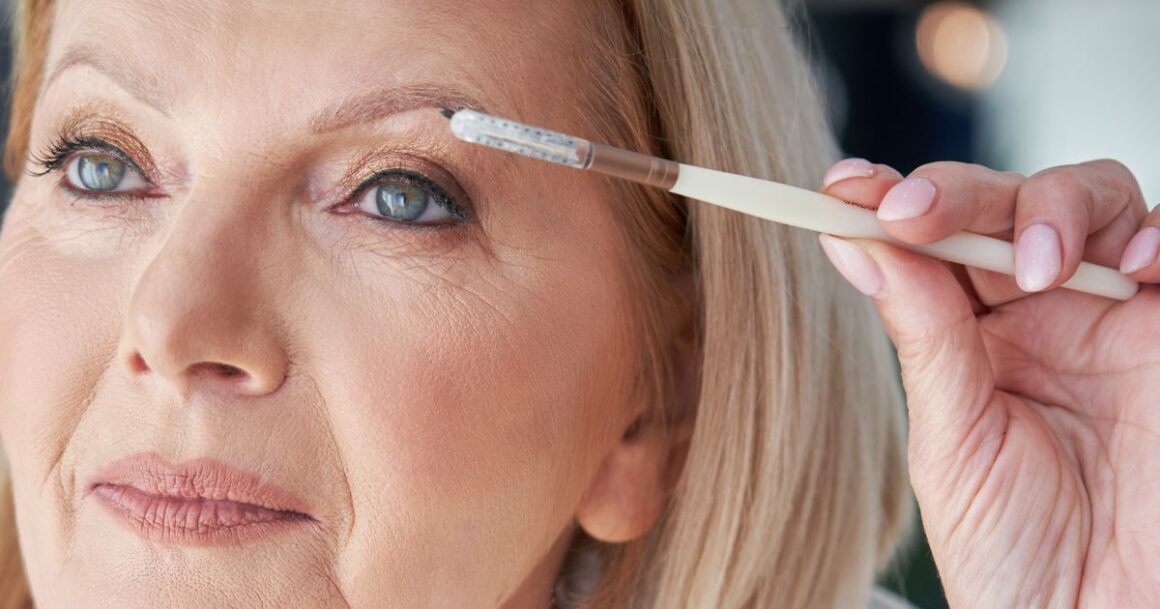
Tips for Maintaining Healthy Eyebrows
In addition to the above options, there are also some tips you can follow to help maintain healthy eyebrows:
- Avoid over-tweezing. Over-plucking can damage hair follicles and lead to sparse eyebrows.
- Avoid harsh chemicals: Use gentle products when grooming your eyebrows, and use gentle products that won’t cause irritation or damage to the skin.
- Eat a healthy diet: Eating a balanced diet rich in vitamins and minerals can help promote healthy hair growth.
- Be patient: It can take time to see results when growing fuller eyebrows, so be patient and consistent with your efforts.
FAQs: Sparse and Thinning Eyebrows During Menopause
What causes thinning eyebrows during menopause?
Thinning eyebrows during menopause can be primarily attributed to hormonal fluctuations, specifically a decrease in estrogen levels.
This hormonal shift can affect the hair growth cycle, leading to decreased eyebrow density. (source)
Is thinning eyebrows a common symptom of menopause?
I would say so, yes! Thinning eyebrows are a common symptom experienced by many women during menopause and perimenopause as well.
Changes in hormone levels can affect hair growth patterns, resulting in sparse or thinning eyebrows.
Can hormonal changes during perimenopause lead to eyebrow thinning?
Yes, hormonal changes during perimenopause, the transition phase before menopause, can also contribute to eyebrow thinning. I noticed my eyebrows thinning at around 40 or so.
Are there any lifestyle factors that contribute to thinning eyebrows in menopause?
Certain lifestyle factors, such as stress, poor nutrition, and smoking, can exacerbate eyebrow thinning during menopause. Maintaining a healthy lifestyle and managing stress levels can help support eyebrow health.
How does aging affect eyebrow density in women?
As women age, the natural aging process can lead to a decrease in eyebrow density.
This is partly due to a reduction in collagen production, which affects hair follicle health and can result in thinner eyebrows.
Can stress exacerbate eyebrow thinning during menopause?
Yes, stress can contribute to eyebrow thinning during menopause by disrupting hormone levels and the body’s natural hair growth cycle. Managing stress through relaxation techniques and self-care practices may help mitigate this effect.
Related: How to Make a Stress Management Plan
Are there any underlying medical conditions associated with eyebrow thinning in menopause?
Certain underlying medical conditions, such as thyroid disorders and alopecia areata, can contribute to eyebrow thinning in menopause.
It’s essential to consult a healthcare professional if eyebrow thinning is accompanied by other concerning symptoms.
Are there any natural remedies or lifestyle changes that can help prevent or slow down eyebrow thinning in menopause?
Yes, adopting a healthy lifestyle, including a balanced diet rich in vitamins and minerals, staying hydrated, managing stress levels, and avoiding harsh skincare products, can help support eyebrow health during menopause.
Additionally, using eyebrow serums containing ingredients like peptides and biotin may promote eyebrow growth and thickness.
Related Beauty Articles
Conclusion: Hair Loss and Sparse and Thinning Eyebrows During Menopause
Whether you’re dealing with the effects of menopause or just looking for ways to keep your eyebrows thicker and healthier, there are many things you can do to treat thinning eyebrows.
You have many options for beautiful brows, from medication to eyebrow growth serums to lifestyle changes such as eating a nutritious diet and taking vitamins and supplements!
You can enjoy beautiful, thicker eyebrows for years with the right treatment plan.
Thanks so much for stopping by!
XO, Christine

I’ve been keeping it real since 1963. 😊
I’m a child of God, devoted wife, proud mama and grandma, full-time creative, domestic engineer, and passionate self-care enthusiast.
I’m purpose-driven and do my best to live each day with intention—whether shopping for treasures, painting in my art studio, digging in the garden, or cooking up something yummy for my family.
I’m always up for a good chat and love collaborating with fellow creatives and brands.
Let’s connect—don’t be shy!
